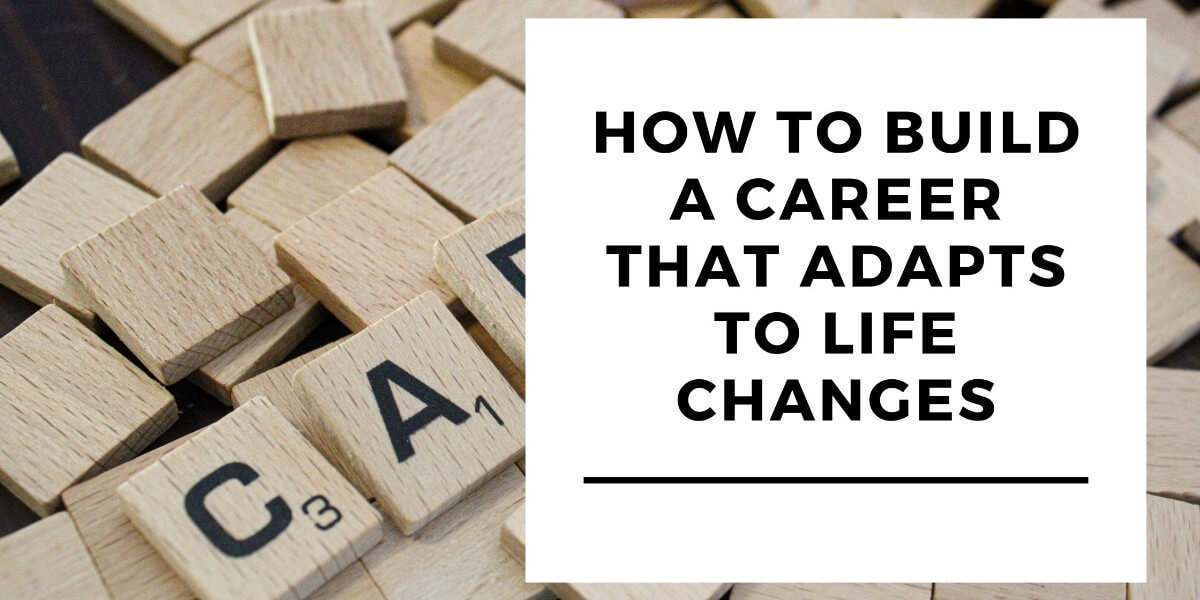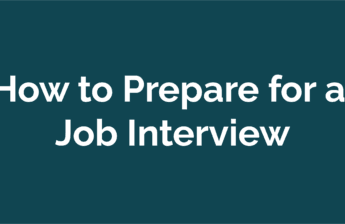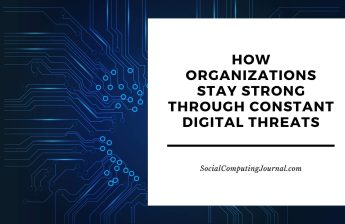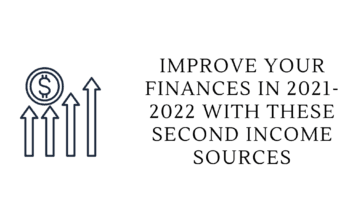Your career path probably won’t look anything like you imagined at eighteen. That’s perfectly normal. Between unexpected life events, changing priorities, and shifting family responsibilities, most of us end up somewhere completely different from where we started. The trick is building a career that rolls with these punches rather than breaks under pressure.
Contents
Identify What Really Matters to You
Before diving into job searches or training courses, take a step back. What do you actually want from work? Money matters, obviously. But so does flexibility. And job satisfaction. And having time for the people who depend on you.
Your priorities might change over time, too. When children are small, flexible hours could be crucial. As they grow older, you might crave more intellectual challenge or financial growth. There’s no right answer here, just what works for your situation right now, whilst keeping one eye on what might matter later.
Make the Most of What You Already Know
You’ve probably got more marketable skills than you realize. Running a household means you can manage budgets, coordinate schedules, and solve problems under pressure. Dealing with children teaches you patience, clear communication, and the ability to explain complex ideas simply.
These aren’t just ‘soft skills’, they’re exactly what many employers desperately need. Customer service, team management, training roles, and administrative positions all benefit from these capabilities. Some people even discover their calling when they become a foster carer, finding that their natural nurturing abilities translate into meaningful paid work in social care or education.
Keep Learning, but Be Strategic
You don’t always need a degree to advance your career. But you do need to keep growing. The key is choosing a learning process that fits your life and actually leads somewhere useful.
Online courses work brilliantly for busy parents. You can study after bedtime or during lunch breaks. Many are free or low-cost. Focus on skills that multiple employers value, like digital literacy, first aid, and customer service qualifications. These open doors across different industries.
Don’t overlook shorter training programs either. A weekend course in bookkeeping could lead to freelance work. Evening classes in counselling might spark a complete career change.
Build Connections Organically
Networking sounds intimidating, doesn’t it? Images of awkward corporate events and forced conversations. But real networking happens naturally through daily life.
Chat to other parents at school events. Join local community groups. Engage in online forums related to your interests. You’ll be amazed how often casual conversations lead to job opportunities or useful advice. Someone’s neighbor always seems to know someone who’s hiring.
Develop Multiple Options
Putting all your career eggs in one basket feels risky when you’ve got dependents counting on you. Building several smaller income streams can provide more security than one large salary. This might mean combining part-time work with freelancing. Or starting a small business alongside employment.
Having options also lets you test different directions without massive commitment. Volunteer work often leads to paid roles. Side projects sometimes become main careers. Keep experimenting.
Accept That Plans Change
Your five-year plan probably won’t survive contact with reality. Children get ill. Partners change jobs. Elderly relatives need care. Global events disrupt entire industries.
Rather than fighting this uncertainty, build it into your career strategy. Choose skills that transfer between roles. Maintain an emergency fund if possible. Keep your CV updated even when you’re happy in your current position.
Value Your Unique Perspective
Being a parent or carer gives you insights that childless colleagues might lack. You understand time management under pressure. You’ve mastered the art of juggling competing priorities. You know how to communicate with different personality types because you’ve been doing it at home for years.
These experiences shape you into a more well-rounded professional. Don’t apologize for career gaps or unconventional paths. Own them. They’ve made you stronger, more empathetic, and often more efficient than people who followed traditional routes.
Building an adaptable career is about staying curious, remaining flexible, and recognizing that your life experiences, messy and unpredictable as they might be, are actually valuable professional assets.







